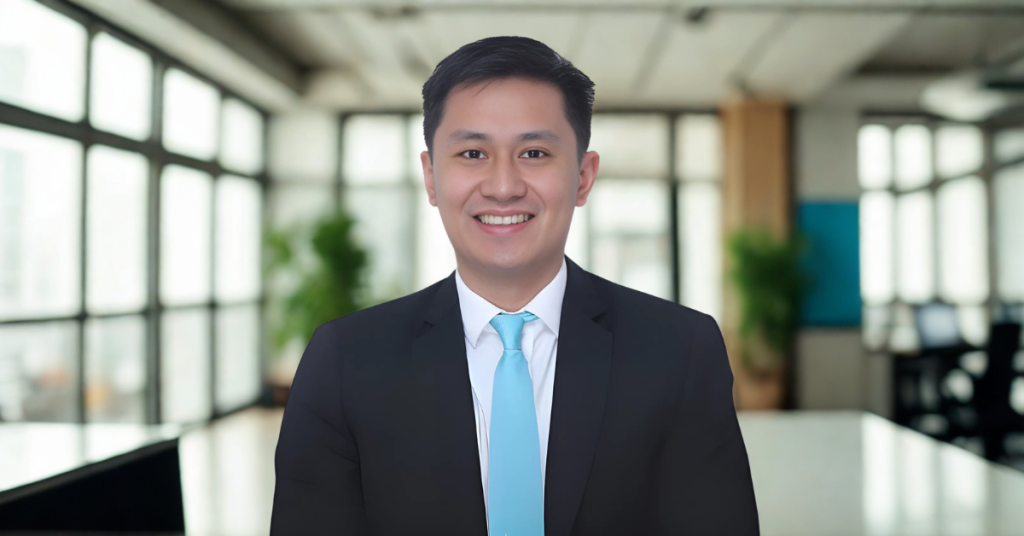When Marion Evangelista started his financial journey, like many young professionals, he believed investing was the smartest use of money. But years later, the Registered Financial Planner (RFP) says there’s one thing he never leaves out of his portfolio—cash.
“An ideal asset portfolio, however, should have a portion for cash,” Evangelista said in an exclusive interview with Financial Adviser PH. “Cash allows one to be liquid.”
That liquidity, he explains, isn’t just about emergency situations—it’s about flexibility and smart financial behavior. He’s seen firsthand how putting everything into stocks can backfire when life throws a curveball.
“As a fresh graduate and with little knowledge on what to do with my savings, I placed all of it in local stocks,” he shared. “Yes, my money eventually grew. Thankfully, there was no emergency that necessitated the need to sell my holdings at a loss at a time when the market was down.”
Today, Evangelista advises clients to strike a balance between investing for the future and preparing for the unexpected. And that’s where cash plays a starring role.
“Cash can be most useful to respond to emergencies. This is the purpose of an emergency fund,” he said. “Most financial planners recommend an emergency fund equivalent to 6 to 12 months’ worth of expenses.”
Evangelista is quick to point out that emergencies aren’t limited to health-related issues. “Even if you are an employee with security of tenure, this still presents itself as a risk,” he said, referring to rising inflation and potential layoffs. “When this risk affects you, use your emergency fund to augment for expenses as you transition to a new work.”
Aside from emergencies, cash is also a tool for discipline. In an age where credit cards and digital payments make spending effortless, Evangelista still sees the benefit of using money you already have.
“Cash can also be used to pay for household expenses,” he said. “With cash, your available fund is what you have on hand today. Right now, it’s not literally on your hand. It’s now cashless.”
That shift to e-wallets and online banking hasn’t changed his core principle: avoid spending what you don’t own. “By saving monthly, individuals can build cash to fulfill their short-term goals,” he said.
Whether it’s saving for travel or even splurging on something small, Evangelista believes cash gives you options. “Want to buy that dress or shoe you saw in the mall? Excess cash in your savings account can afford you to buy items that make you feel and look better,” he said. “Life does need to be enjoyed so better to indulge from time to time.”
When it comes to big-ticket purchases, like buying a car, Evangelista suggests staying conservative. “Car price is cheaper when one buys in cash,” he explained. “There is no need to pay interest from bank financing. If you compute for the interest, it goes for PHP120K and up for a 3-year car loan.”
He’s even seen some old-school cash buyers in action. “A car salesman from Northern Luzon told me that there are still buyers who carry cash in a basket,” he said. “With cash and if the unit is available, you get the car right away.”
Ultimately, Evangelista reminds everyone that it’s not about avoiding investing—it’s about knowing when and how much to invest. “Cash is king and it is best to have the king by your side.”
![]()



